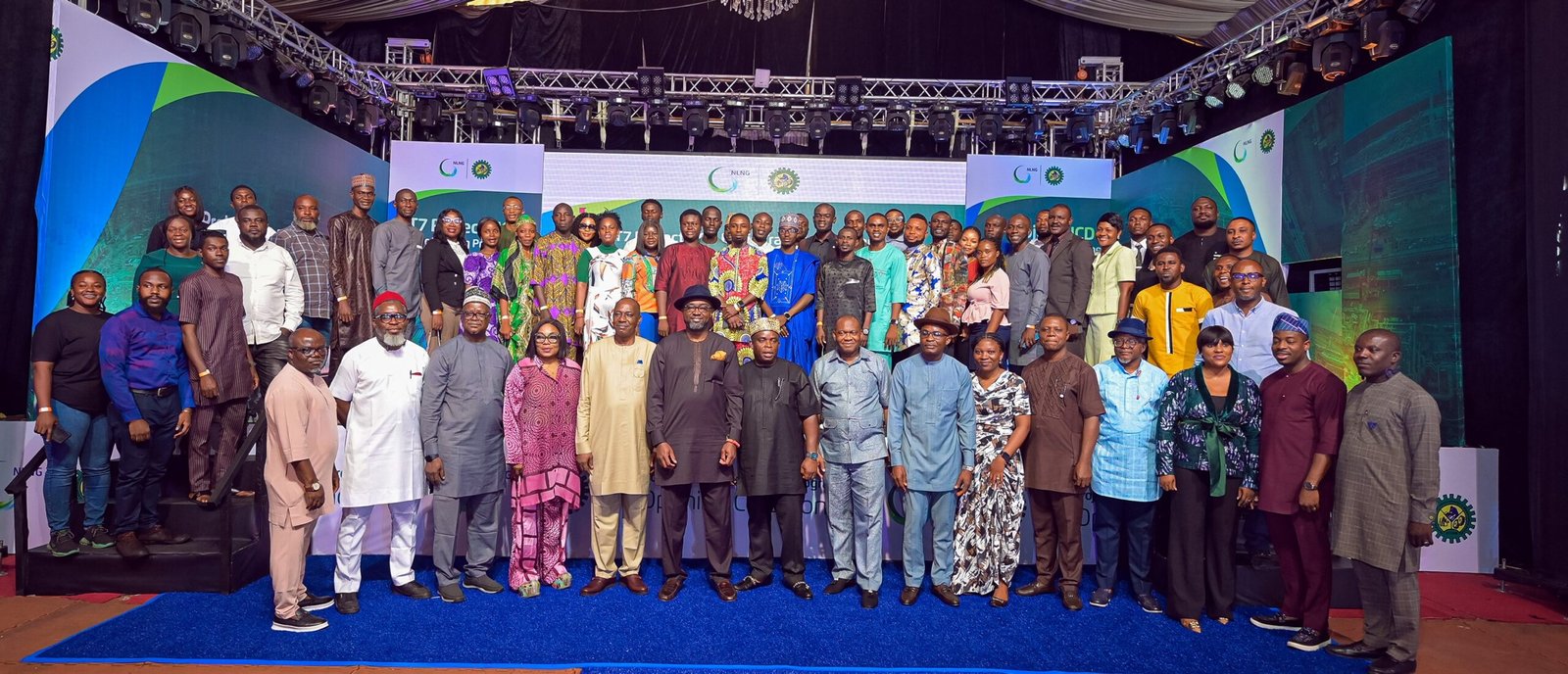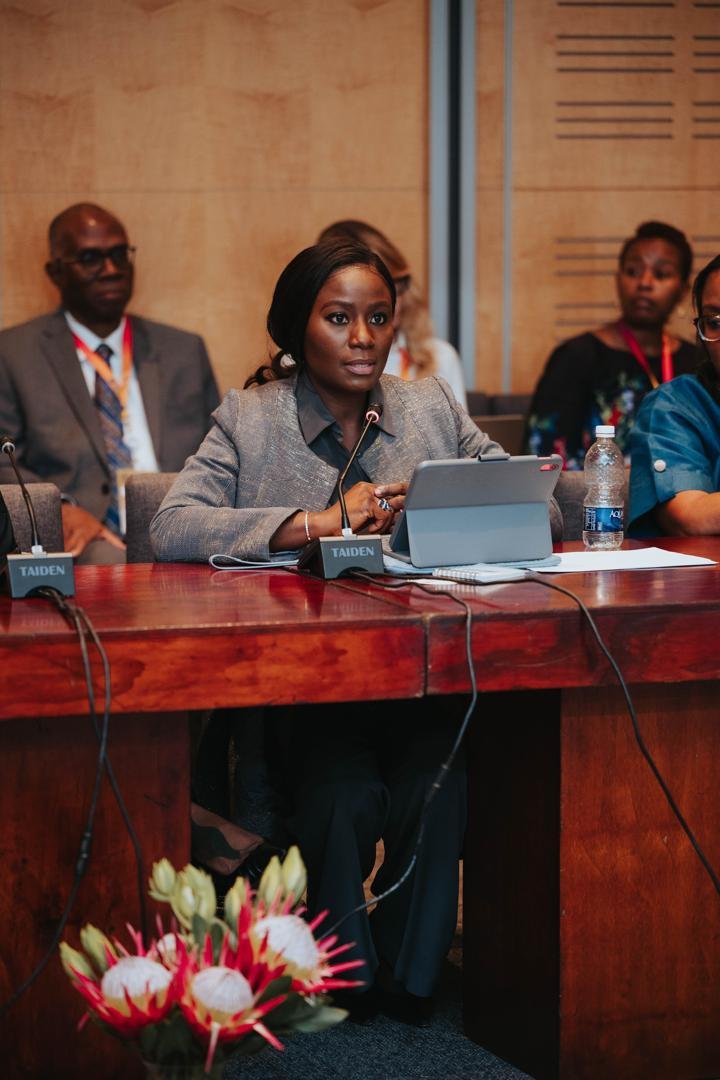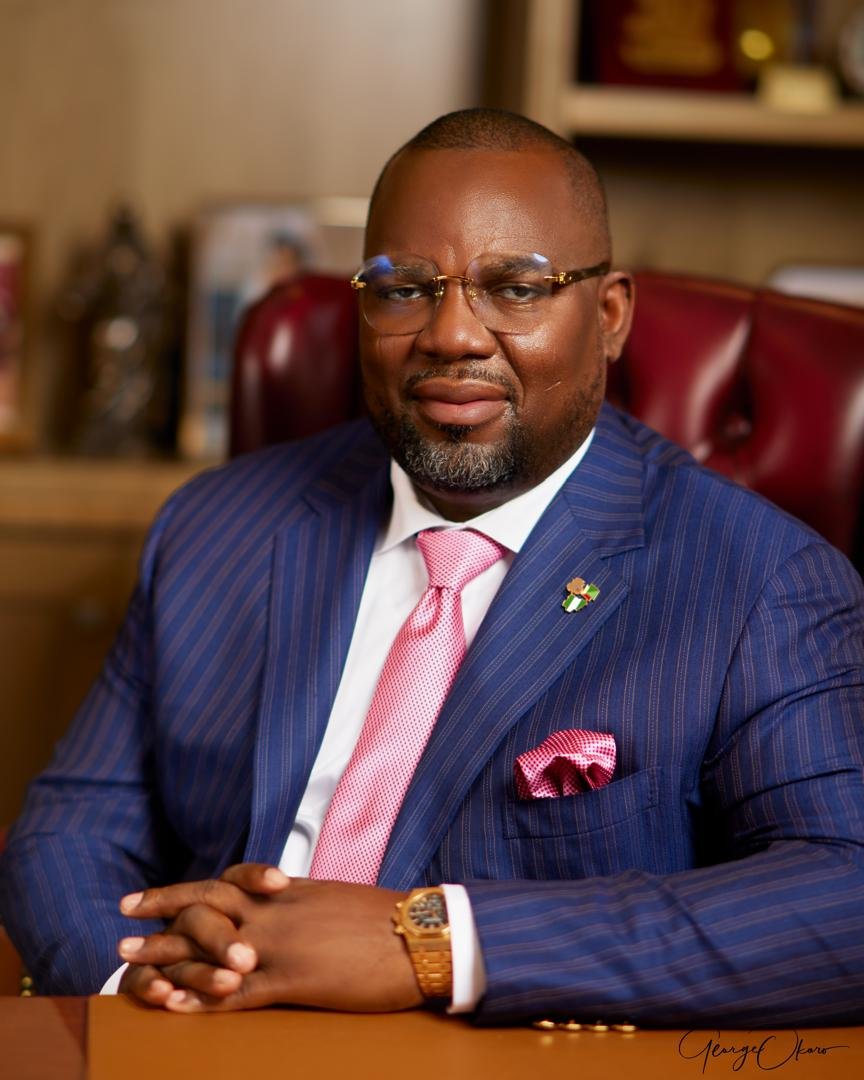Overcoming Africa’s Energy Challenges : Insights from an Expert
Sulivan’s academic background is impressive, with advanced degrees from prestigious institutions. He holds an MBA from The Wharton School with a focus on Business, Energy, Environment, and Sustainability, a Master in Law (Energy) from Carey Law School, University of Pennsylvania and a Masters in Finance from the London Business School.
He began his career in consulting, gaining experience in financial advisory services. He provided guidance on the tax implications of mergers and acquisitions and advised energy companies on deal structuring and regulatory matters, particularly during early oil asset divestments by international oil companies. His work helped navigate complex financial and regulatory landscapes. Sulivan also held pivotal roles at Seplat Energy PLC, where he worked within the finance function in both Lagos and London. At Seplat, he deepened his expertise in capital management, economics, and planning, contributing significantly to the company’s financial strategies and operational efficiency amidst a rapidly changing energy landscape. He currently works as an Investment Banker at one of Wall Street’s largest financial institutions, specializing in financial and capital markets advisory for the Power, Utilities, Renewables, and Clean Tech sectors. In this role, he advises clients on strategic transactions, including mergers and acquisitions, capital raising, and financial restructuring. His insights into market trends, regulatory developments, and emerging technologies position him as a key thought leader in sustainable energy solutions.
From your perspective, what is the current state of energy in Africa?
Africa’s energy landscape is a mix of significant challenges and vast opportunities. The continent has abundant renewable resources, including solar, wind, and hydroelectric power. However, there are major gaps in energy infrastructure and access, with nearly 600 million people lacking reliable electricity, especially in rural areas. Despite these challenges, the declining costs of renewable technologies make clean energy a viable solution for Africa’s future. Achieving universal access to electricity is possible if the continent fully utilizes its renewable potential. It is however crucial to approach potential Africa’s energy transition with practical and tailored solutions, rather than a global approach, analyzing the peculiarities of each country.
What are the main challenges in closing the gap?
The main challenges in closing Africa’s infrastructure financing gap include insufficient energy generation, high capital costs, political and economic instability and the lack of willingness from the political class. These issues are compounded by underdeveloped local financial markets and a lack of early-stage and equity financing. Many state-owned utilities, often the main power off-takers, struggle with financial instability and high system losses, hindering grid expansion and modernization. Additionally, existing foreign currency volatility deters investment and complicates the financial landscape.
Can you talk more about the high financing cost?
While political risk is country-specific and can vary over time, some investors tend to overlook the heterogeneity of the continent and place similar risk premiums across all African countries, what is generally known as the “Africa premium”. The high financing costs for clean energy projects are driven by this premium, which in some cases is more perceived than actual, making capital more expensive. The cost of capital is two to three times higher than in advanced economies, significantly raising the levelized cost of electricity and making clean energy less competitive compared to fossil fuels. High costs result in higher electricity tariffs, reducing affordability and adoption of clean energy. Additionally, these costs can deter private investment, leading to a greater reliance on concessional finance and international aid, which are often insufficient to meet the region’s energy needs. At a macro level, I think only two countries in Africa (Botswana and Mauritius) have an investment-grade sovereign rating which drives up the cost of accessing capital. For example, Ghana’s yields rose from 7.5% in January 2021 to 16% in March 2022 as its rating changed.
Concessional Finance refers to funding provided with more favorable terms than market rates, such as lower interest rates and extended repayment periods. Both concessional finance and Development Finance Institutions are critical in de-risking clean energy projects in Africa. By lowering the overall cost of capital, they make these projects more attractive to private investors and enhance their financial viability. In fragile and conflict-prone countries, where private capital is scarce, DFIs often serve as the primary financiers. Their involvement is crucial for early-stage project development, helping to create a pipeline of bankable projects by supporting feasibility studies and other preparatory activities.
Given that this is a local problem to a large extent; can we have a local solution?
Local capital markets are essential for providing long-term, local currency financing, which helps mitigate exchange rate risks associated with foreign currency loans and can price risk more effectively due to familiarity with the local markets. However, our local capital markets are undeveloped. Strengthening these markets involves developing financial instruments like green bonds and creating investment vehicles that can attract local institutional investors, such as pension funds.
Nigeria and South Africa have huge pension funds. Why are we not tapping into it?
How can public-private partnerships be utilized to enhance energy infrastructure development in Africa?
PPPs can be a powerful mechanism for leveraging private investment and expertise in the energy sector. They allow for risk-sharing between the public and private sectors, which is particularly important in high-risk environments. Successful PPPs require a transparent regulatory framework, clear contract terms, and a government that provides guarantees and honors contracts. For instance, countries like Senegal and Kenya have utilized PPPs to develop infrastructure projects, supported by regulatory reforms that provide a stable environment for private investment.
Some commentators have proposed tax equity financing as a potential lever. What are the benefits and challenges of using tax equity financing for energy projects in Africa?
For the benefit of your readers, tax equity financing is a financial arrangement where investors provide capital to an infrastructure project (with no profits during the construction phase) in exchange for tax credits and other tax benefits, helping to offset their tax liabilities. It offers significant potential benefits, including attracting investors into a sector different from their sector of operation. However, the effectiveness of this mechanism will vary by country depending on the level of development of their tax systems. A significant number of African countries face challenges with their tax systems and will need to establish consistent and transparent tax policies to accommodate tax equity. Also, these countries rely heavily on short term tax revenue to fund budget deficits so this arrangement may not be appealing to them.
Countries must establish strong policy and regulatory frameworks, define energy goals, ensure political stability and maintain stable and transparent regulations. Reducing investment risks through supportive measures, including adequate forex controls guaranteeing profit reparation is vital. Successful examples from Morocco and Egypt show that clear policies and efficient project approvals can draw investment. Rather than having their Presidents go on roadshows abroad to beg for investment, they should focus on developing a stable and investment-friendly regulatory environment, appealing to global investors. Capital will always follow profit.







